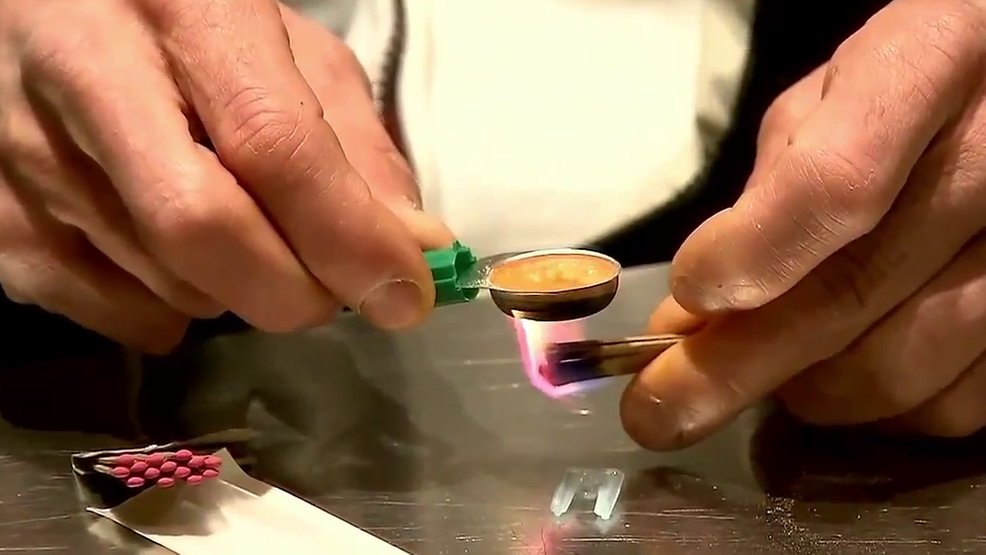Coronavirus adds to troubles of those suffering from substance abuse


SEATTLE, Wash. — For those struggling with substance abuse, the COVID-19 pandemic has added to their woes because the virus and stay-home orders -- in many cases -- have worsened fears of anxiety and depression, addiction counselors said Monday.
Mike North says that he had a history of abusing drugs earlier in his life, and after years of recovery he is now helping others who are struggling with with addictions and dependencies. North leads a group with an international Christian ministry called Celebrate Recovery at Arbor Church.
"I acted out a lot with drugs," North said. "Right now, I just have to make sure that the anxiety and the depression doesn’t overtake me."
He said the isolation from our current social distancing guidelines are sending people spiraling into anxiety and depression that can worsen and trigger addictions.
"We were not made to be isolated, we were made to be in community," North said. "So, separating that piece can really trigger anxiety, depression (and) grief."
Drew Chukitus, who works with the Celebrate Recovery chapter at Overlake Christian Church, said many people are struggling with a wide variety of dependencies, including workers on the front lines of the pandemic.
"We have a number of people where they’re in the medical field or first responders (who) are joining us in Celebrate Recovery because they just need to process what they’re going through on a day-to-day basis," Chukitus said.
Local organizers of Alcoholics Anonymous say they are now holding their groups online, holding 350 Zoom meetings every week in the greater Seattle area.
Dr. Gregory Jantz, the founder of a local drugs and alcohol recovery program called A Place of Hope, said it’s essential that those with addictions find support and community.
"Don’t say in isolation," he said. "Addiction thrives in secrecy, which means isolation, and so now is the time, even if it’s virtually, to ask for help."
Dr. Richard Ries, a psychiatrist at Harborview Medical Center, said Harborview’s opioid treatment programs are now dispensing more "take-home” doses of its stabilizing medicines that last longer so patients don’t have to come into the clinic as often. He says methadone clinics are doing the same to reduce the number of interactions with others.
Dr. Caleb Banta Green, UW assistant professor and addictions researcher, said COVID-19 has made treating opioid addictions much more difficult than usual.
According to the Washington State Health Care Authority, 150 to 200 state-funded rehab facilities have made changes to some of their protocols as a result of COVID-19, including admitting fewer patients which are creating financial difficulties for some rehab centers.
Washington state says it is working on addressing those issues, adding that it expects an eventual surge of patients due to this crisis.
In Oregon, Oregon Recovers, the statewide addiction recovery policy advocacy organization, announced the launch of a new website OregonRecoveryNetwork.org to provide a centralized source of resources for the Oregon recovery community.
 Pathways Drug Rehabilitation Luxury Addiction Treatment & Detox Center
Pathways Drug Rehabilitation Luxury Addiction Treatment & Detox Center


